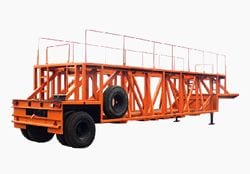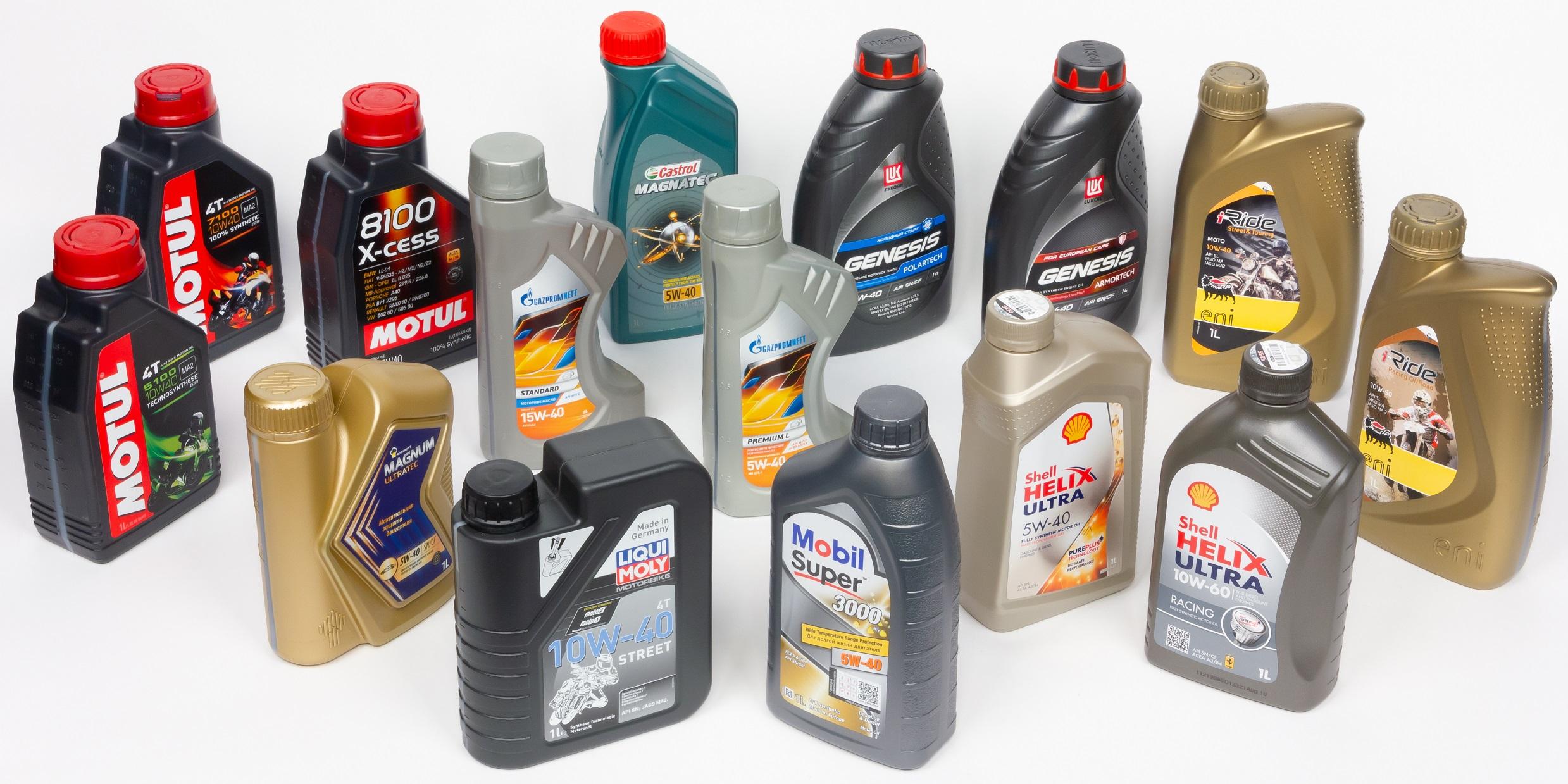
Machine oil
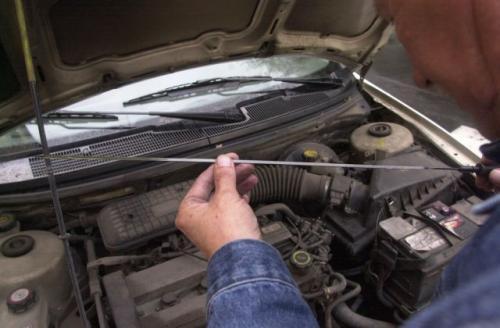 In an internal combustion engine, there is a close relationship between its design, oil quality and fuel quality. Therefore, it is important to use the correct oil.
In an internal combustion engine, there is a close relationship between its design, oil quality and fuel quality. Therefore, it is important to use the correct oil.
In an internal combustion engine, there is a close relationship between its design, oil quality and fuel quality. Therefore, it is important to use the correct oil for your drive and change it regularly. It performs a number of very important functions.

Oil reduces friction in the engine, reducing wear on rings, pistons, cylinders and crankshaft bearings. Secondly, it seals the space between the piston, rings and cylinder liner, which allows a relatively high pressure to be created in the cylinder. Thirdly, oil is the only cooling medium for pistons, crankshaft bearings and camshafts. Engine oil must have the correct density and viscosity at different temperatures so that it reaches all lubrication points as quickly as possible during cold starts. In the operation of an internal combustion engine, there is a close relationship between its design, oil quality and fuel quality. As the loads and power density of engines are constantly increasing, lubricating oils are constantly being improved.
READ ALSO
When to change the oil?
Oil in your engine
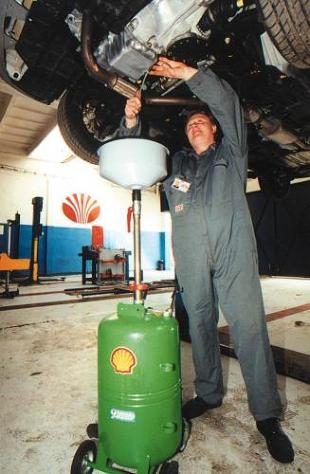 How to compare oils?
How to compare oils?
Comparison of several dozen products on the market is possible if appropriate classifications are used. The SAE viscosity classification is well known. There are five classes of summer oils and six classes of winter oils. Currently, multigrade oils are produced that have the viscosity properties of winter oils and the high-temperature properties of summer oils. Their symbol consists of two numbers separated by a "W", such as 5 W-40. From the classification and labeling, a practical conclusion can be drawn: the smaller the number before the letter "W", the less oil can be used at lower ambient temperatures. The higher the second number, the higher the ambient temperature can be at which it does not lose its properties. In our climatic conditions, oils from the 10W-40 class are suitable.
Classifications of oils by quality are less popular and very useful. Since the design and operating conditions of American engines are different from European ones, two classifications API and ACEA have been developed. In the American classification, the quality of oils for spark ignition engines is marked with two letters. The first is the letter S, the second is the next letter of the alphabet from A to L. To date, oil with the SL symbol is the highest quality. 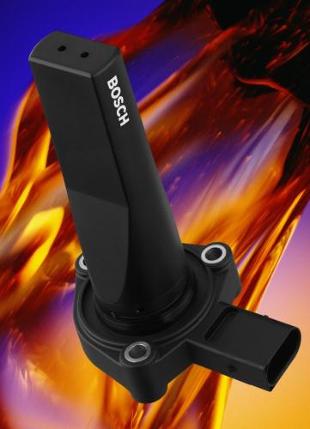
The quality of diesel engine oils is also defined by two letters, the first of which is C, followed by subsequent letters, for example, CC, CD, CE and CF.
The quality class of an oil determines its suitability for lubricating an engine of a particular design under specific operating conditions.
Some engine manufacturers have developed their own research programs that test oils for use in their powertrains. Engine oil recommendations have been issued by companies such as Volkswagen, Mercedes, MAN and Volvo. This is very important information for owners of these car brands.
Which oil to choose?
There are three types of motor oils on the market: mineral, semi-synthetic and synthetic. Synthetic oils, although much more expensive than mineral oils, have many advantages. They are resistant to high engine operating temperatures, resistant to aging processes, have better lubricating properties, and some of them reduce fuel consumption. As a rule, they are intended for the lubrication of high-speed multi-valve engines. Among synthetic base oils, there is a group of oils that save 1,5 to 3,9 percent of fuel compared to running an engine on SAE 20W-30 oil. Synthetic oils are not interchangeable with mineral oils.
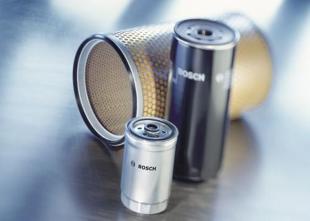
The manual for each vehicle contains the necessary information about the oils that should be used to fill the oil pan of the power unit. It is common knowledge that some automakers have been favoring select petrochemical manufacturers for years, such as Citroen being associated with Total, Renault working closely with Elf, and Ford filling engines with Ford-branded oils. , and Fiat with Selenia oil.
When deciding to purchase an oil other than the one used so far, do not fill the engine with an oil of lower quality than recommended by the vehicle manufacturer. So, for example, SD class oil should not be used instead of SH oil. It is possible, although there is no economic justification, to use oils of a higher quality class. Synthetic oils should not be used in high mileage engines. They have detergent components that dissolve deposits in the engine, can lead to depressurization of the drive unit, clog oil lines and cause damage.
How is the market reacting?
For several years now, the percentage of synthetic oils in the turnover has been steadily increasing, while the share of mineral oils has been declining. However, mineral oils still account for more than 40 percent of motor oils purchased. Oils are purchased mainly at service stations, gas stations and car dealerships, less often in supermarkets. The choice of type is determined by the price, followed by recommendations in the car's operating manual and the advice of a car mechanic. The trend towards cost minimization is also evident in the way the oil is changed. As before, a third of car users change oils themselves.
General rules for the use of oils of individual classes.
Spark-ignition engines
SE class | oils with enrichment additives designed for engines 1972-80. |
SF class | oils with a full range of additives designed for engines of 1980-90. |
Class SG | oils for catalytic converters, manufactured after 1990. |
CX, SJ classes | oils for high-speed multi-valve engines, energy-saving oils. |
Diesel engines
CD class | oils for atmospheric and turbocharged engines of the old generation. |
class SE | oils for heavy-duty engines, manufactured after 1983 |
CF class | oils for high-speed engines equipped with a catalytic converter, manufactured after 1990 |
Retail prices for some types of oils in 1 liter containers.
BP Visco 2000 15W-40 | PLN 17,59 |
BP Visco 3000 10W-40 | PLN 22,59 |
BP Visco 5000 5 W-40 | PLN 32,59 |
Pan GTX 15W-40 | PLN 21,99 |
Castrol GTX 3 Protect 15W-40 | PLN 29,99 |
Castrol GTX Magnatec 10W-40 | PLN 34,99 |
Castrol GTX Magnatec 5W-40 | PLN 48,99 |
Castrol Formula RS 0W-40 | PLN 52,99 |
